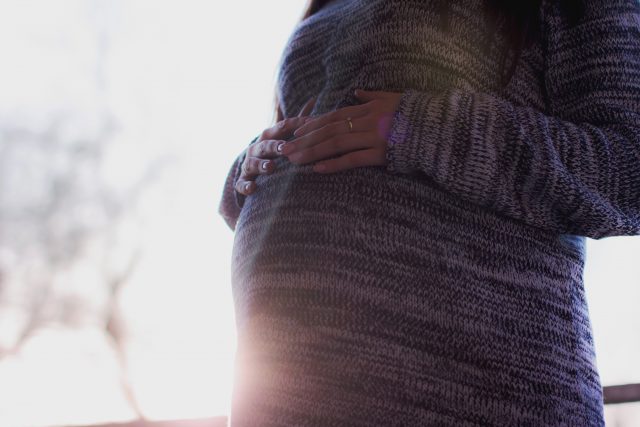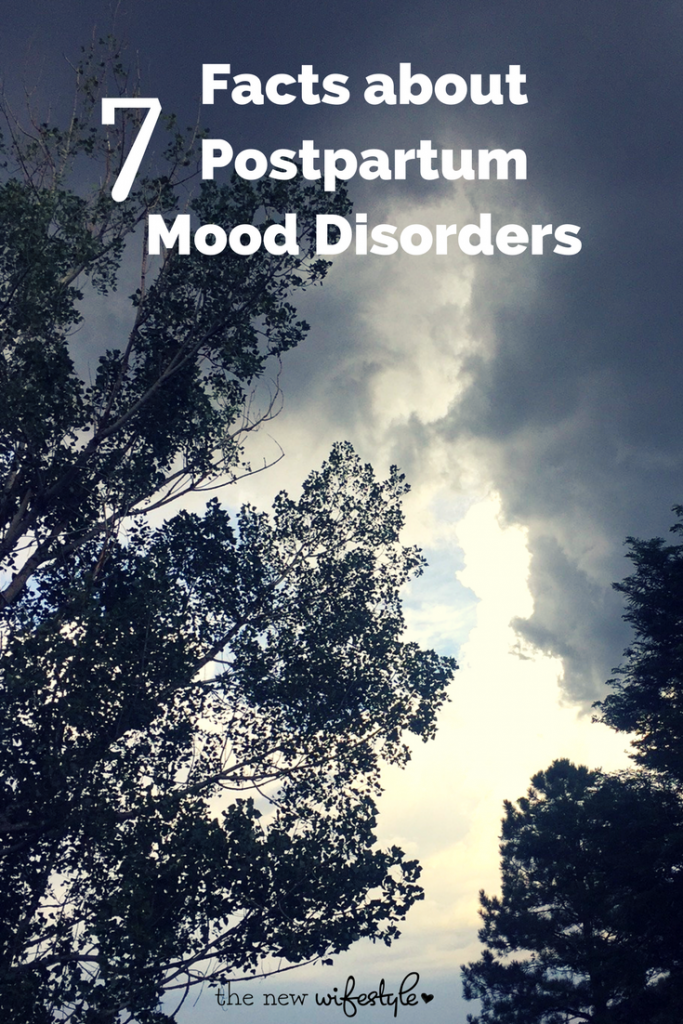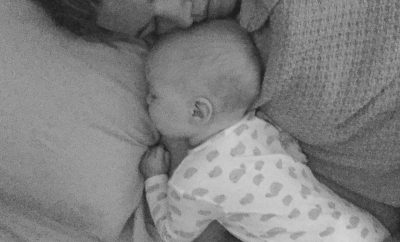
7 Facts About Postpartum Mood Disorders
before you read any further, please note that i am not a licensed doctor nor your mental health care provider. this article is coming from my personal experience with postpartum depression, belonging to support groups and doing my own research. should you want/need further help with your own mental health issues, please consult a trained professional near you!
National Hopeline Network
1-800-SUICIDE (1-800-784-2433)
National Strategy for Suicide Prevention: LifeLine
1-800-273-TALK (1-800-273-8255)
Has hotlines for every state
PPDMoms
1-800-PPDMOMS (1-800-773-6667)
i started writing my original article of ways i’ve found to cope with postpartum depression…then it got to be about 3,000 words. that’s a whole lot of words and it’s an intense topic so i decided to break it up a bit.
postpartum (meaning 1 year after the birth of a child) and perinatal (meaning the entire time surrounding pregnancy through a year after birth) mood disorders aren’t often talked about but are actually more common than you may realize.
i decided to write this educational piece not to scare you into thinking you may develop perinatal mood disorders should you choose to have a child but rather to empower you. it’s important to know this not only for yourself but also to support new moms (and dads) around you as well!
1) you can have a mood disorder and not feel depressed
while postpartum depression tends to be the most common one that people have heard of, there are actually other mood disorders too. postpartum obsessive-compulsive disorder typically centers around having obsessive thoughts about the fear harming the child by accident, fear of doing something wrong, or other unwanted images continuously playing out in one’s mind.
postpartum anxiety is affects 6% pregnant women and 10% postpartum. postpartum post-traumatic stress disorder also exist, which could be due to an unplanned c-section, prolapsed cord, unsupportive birth team, or other circumstances.
the least common but very serious is called postpartum psychosis. it affects 0.1-0.2% of births and typically occurs in the first two weeks after birth and super suddenly. this is when there is a break from reality and the woman may experience delusions, hallucinations and other intense symptoms. not all women who have experienced postpartum psychosis experience the delusion to harm one’s self or her baby. when this does occur, it is very real to her and she most often actually believes she is saving herself or her child from something worse. it is very serious so if you or someone you know is experience this, call an emergency line now.
2) any mom or mom-to-be can experience these
postpartum mood disorders can affect women from all walks of life. it affects women regardless of age, marital status, income, race, culture or religion. that being said, there are factors that can increase someone’s chance of being diagnosed with one.
these would include a history of depression or other previous mental disorders, not having a solid support system around you or being in a high stress environment. if you have experienced a previous miscarriage or stillbirth, that can also increase your risk.
also, it doesn’t only happen when your first child is born. you could have one kid or two kids and be totally fine and then it hit out of nowhere for your third. plus, post-adoptive depression is also real for moms who adopt.
3) men can experience it too
about 10% of men experience postpartum depression or anxiety as well. one thing we talked about in my support group is that men often start experiencing PPD/anxiety as soon as the mom starts feeling better.
watch for signs in your partner as well. here is a list of further articles on the topic.
4) it’s more common than you think
postpartum depression affects 1 in 7 women. 10% of women will experience postpartum anxiety, around 3-5%, for postpartum OCD and postpartum psychosis affecting the least amount of women as previously stated. 
5) these are not the same as the baby blues
this is different than the ‘baby blues,’ which experts estimate about 80% experience mood swings and teariness during the first 2-3 weeks after giving birth. this is a ‘normal’ adjustment period and usually resolves on its own. the CDC says that 11-20% of women each year experience PPD but this stat does not include women who experience a loss or miscarriage.
6) there are safe medications to take while nursing
you don’t necessarily have to stop breastfeeding to treat a mood disorder, especially the more common postpartum depression. if your doctor decides that medication in addition to therapy would be beneficial for you, there are safe choices to take. there are also medications to take while pregnant if these symptoms start affecting you.
7) you will feel better
i know from personal experience that it may feel like you’ll never enjoy motherhood. it might feel like you can’t possible see how you can feel happy again or experience more joy than sadness.
please, know this: you will feel better.
reach out, accept help, support others and know you aren’t alone. these postpartum mood disorders are highly treatable and more sources of support are popping up regularly. you will feel better!
related: how i coped with postpartum depression
if you found this article informative or helpful, please share it with your circle because no woman (or man) should suffer through this overwhelming experience alone.










Sara | Mrs. Imperfect
September 20, 2017 at 7:34 am
Thanks so much for continuing to be transparent about your journey with postpartum depression. Awareness is so important!
chelsea
September 26, 2017 at 9:24 pm
thank you sara for your comment 🙂 i’m also glad you are transparent about your mental health journey too!
Jennifer Haston
September 20, 2017 at 9:45 am
Thanks as ever for being vulnerable and authentic!
chelsea
September 26, 2017 at 9:25 pm
i appreciate your words of encouragement A LOT jennifer 🙂
Audrey
September 20, 2017 at 12:35 pm
The first time I’d ever heard of PPD was on General Hospital. One of the main characters had her daughter and then essentially wanted nothing to do with her, all while feeling guilt about her attitude and behavior. To a 16 year old, watching that was SO confusing.
I understand A LOT better now, even though I haven’t experienced it. I have lots of friends on their first or second kid and I always try to keep an open line of communication and assistance, just in case I have a friend in need who’s maybe unaware or unsure about reaching out. This is a great post, Chelsea. Our bodies are so complicated and it’s incredibly important to talk about our healthy- mentally, physically, and emotionally!
chelsea
September 26, 2017 at 9:26 pm
whoaaa i totally should have been watching general hospital! although – i totally would have been super confused too but i am glad they at least shed some light on it!
i can personally tell you how essential it is for us going through it to have a friend exactly like you to keep those lines of communication open! thank you for that 🙂 you are a super star
Penny
September 20, 2017 at 11:17 pm
Great advice and very interesting to read. Thank you for sharing this so that Other moms and dads whether first timers or not know what to look for! You always have such a wonderful way of writing so that anyone can read it and understand it and get something out of it whether it applies to them personally or not.
chelsea
September 26, 2017 at 9:28 pm
thank you penny! i always appreciate your comments and how you continue to encourage even if what i’m writing about doesn’t directly affect you! thank you 🙂